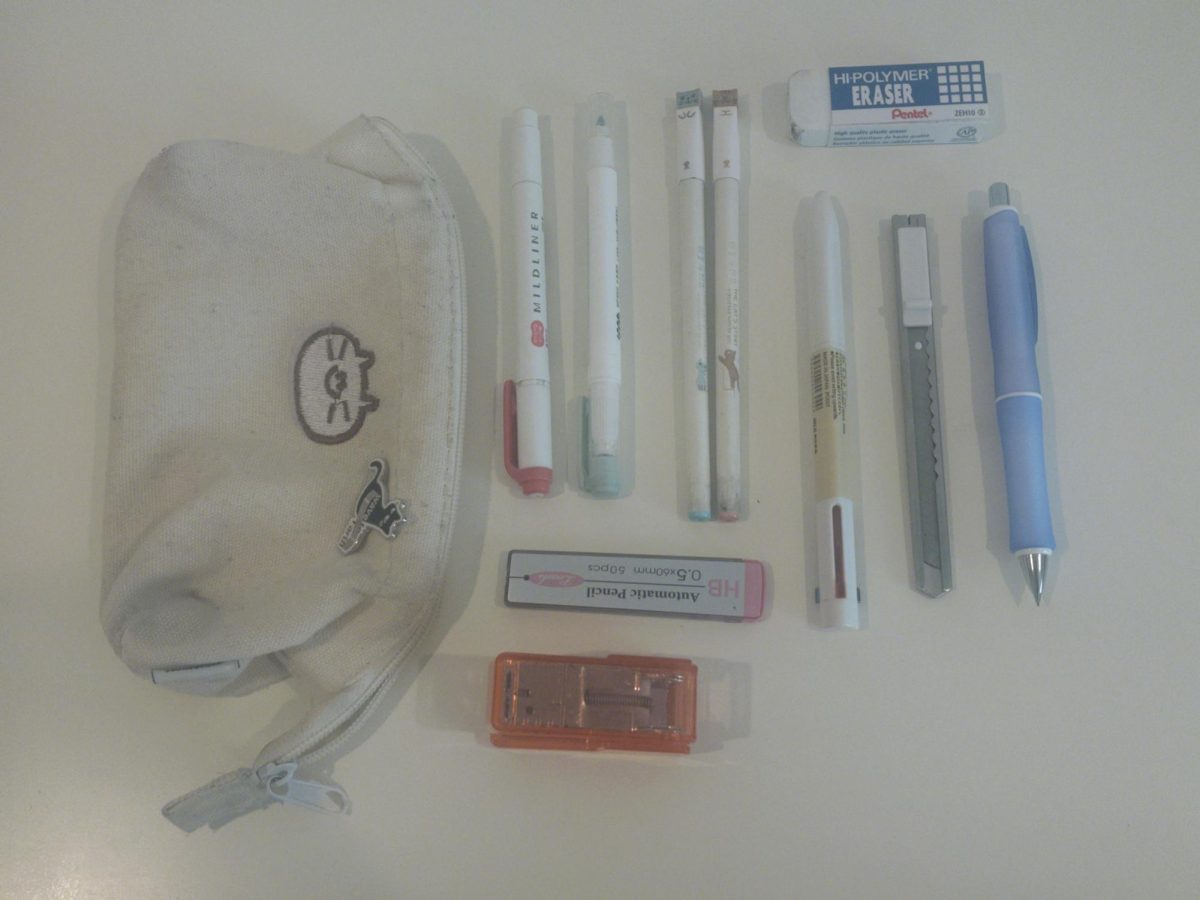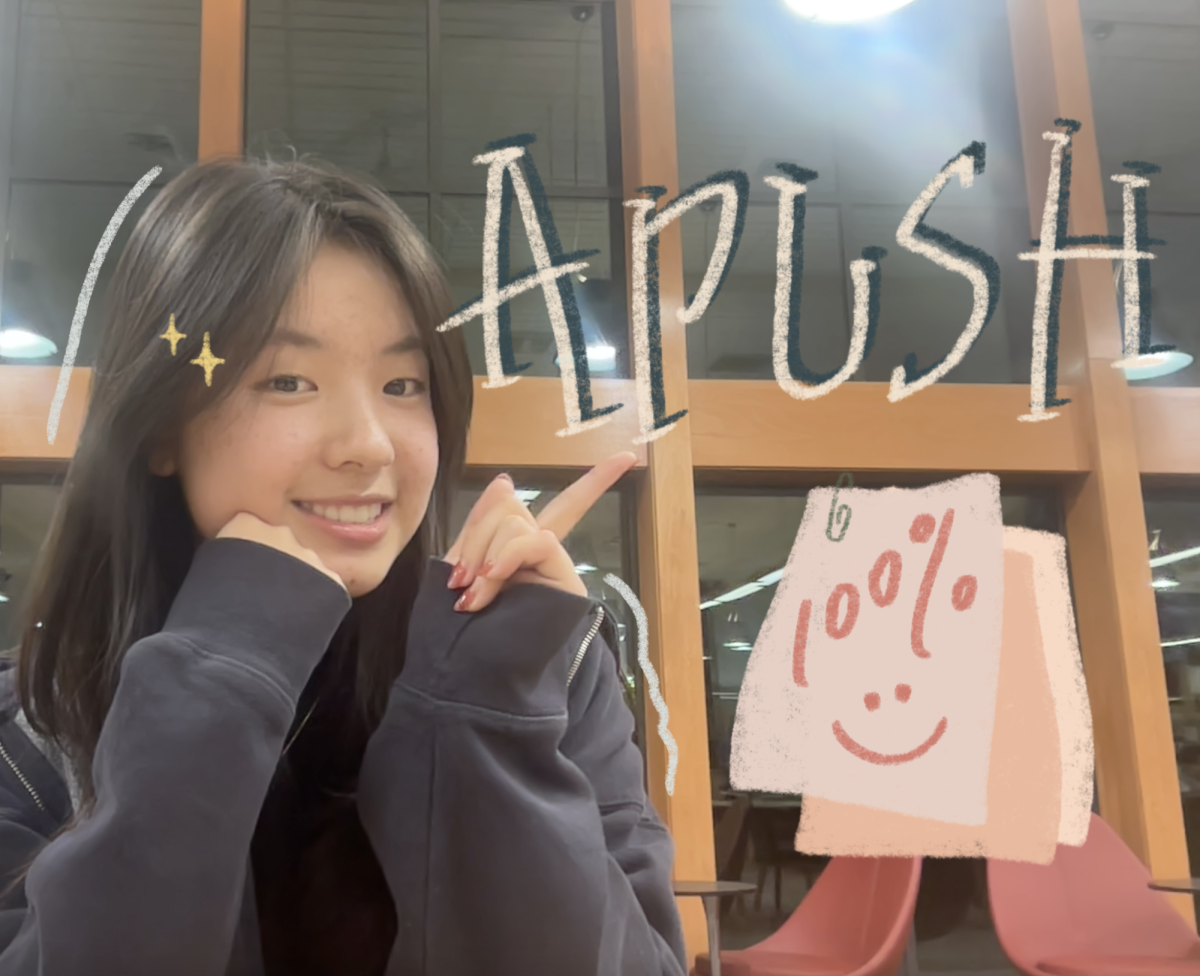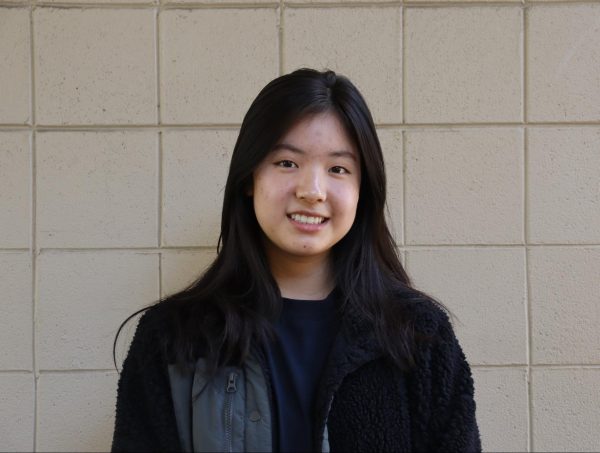Are you a junior taking AP United States History (APUSH) along with 5 other AP and honors classes even as you’re doing excessive extracurriculars? Are you panicking as you realize the work you’ve signed up for? Fear not. This is everything I wish I knew when I started APUSH a year ago.
No. 1: Actually do the textbook reading
Remember that putting off one week’s worth of reading means doubling the amount for the next week. The weeks will turn into months and you will reach a point of no return. This is a path that too many juniors in the past have mistakenly taken. Don’t follow in their footsteps. Read, read, read.
Know that “By the People” by James W. Fraser — all 938 pages of it — is your best friend! The content is written in simple and straightforward language, and there’s some light humor sprinkled in as well (if that incentivizes you to keep reading). More notably, there are review questions and chapter summaries at the end of every unit. The textbook is written for AP students, so the review questions are given in multiple-choice, short-answer and essay formats that mirror the actual AP test. This is perfect for engaging your brain in active recall to absorb what you have just read, or to study with months later. Be warned, however, that the chapter summaries are vague and don’t replace actually reading the full chapter.
No. 2: Utilize online resources
The APUSHReview.com website, as the name entails, is an ultimate review site with plenty of resources. It contains learning objectives, videos, flashcards and even links to additional websites. One downside, however, is the occasional pop-up ads.
YouTube tutorials are also incredibly helpful. Heimler’s History is great for understanding cause and effect since Heimler explains how all the APUSH events string together. He also has tips for tackling the long FRQs. Adam Norris’s videos are short yet detailed, with playlists for all 9 periods in time and key concept explanations. He explains the important presidential elections and court cases in depth as well.
No. 3: Record and conquer
Personally, the most helpful method of studying was to make my own study recordings — both audio and visual. Before each unit test, I collected the unit’s vocabulary in chronological order and talked myself through everything — defining the terms, relating the different events and noting the relevant factors during the time. I’d brain dump everything I knew, which often revealed the gaps in my knowledge.
A major benefit to studying this way is that you have essentially created detailed podcasts of every APUSH unit for yourself by the time you study for the finals and AP test in May. This is even better than watching YouTubers because everything is explained by you, so you’ll be guaranteed to understand it. It’s also easier to recall what you once memorized after hearing it in your own words.
No. 4: Work smarter, not harder
As the AP test approaches, study strategically. The College Board provides percentages detailing the proportions of chapters that the AP exam covers. Units 1, 2 and 9 individually make up less than 10% of the exam. Oftentimes, students will burn themselves out by taking excessive notes at the start of the school year for Units 1 and 2. My advice is to ease yourself into the notetaking process while your readings are still short and comparatively less significant. By the time the American Revolution starts to bubble, you’ll be ready to take the detailed notes you need.
I went through one 70-paged notebook per semester in APUSH. Don’t bother writing every little detail — you won’t want to reread the stacks of paper you created for yourself in 6 months time anyway. Make use of the key terms and questions your teacher provides with each reading assignment. The textbook bolds everything important, so note what’s bolded at the minimum.
Sometimes, I will read the chapter altogether before starting my notes. I’ll then go through a second time, skimming through the text I’m now familiar with in order to only jot what’s important. Though it’s a longer process, you’re essentially investing time for concise notes, something your future self will surely appreciate.
Because APUSH is so reliant on memorization, consistently doing active recall will take you much further than trying to cement all of the information in one night. I spent the afternoon before the APUSH exam going through 500 flashcards with a friend to refresh all the information in my brain and went to sleep before 10 p.m. — knowing I was ready for the test.
Though all of the memorization will feel draining, APUSH is worth every bit of time and effort. The notetaking eventually becomes routine, so it will get easier with time. You see the world in a new light after learning US history — references in books and movies, on names of streets and buildings, in songs, the list goes on. APUSH is a wonderful class. Enjoy it!




























